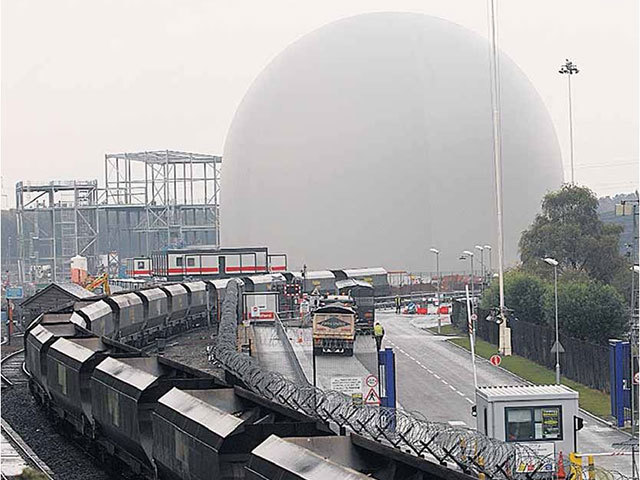
The UK’s Energy Technologies Institute (ETI) is launching a new project in its bioenergy programme – Techno-economic assessment of Biomass pre-processing.
The objective is to provide an assessment of the economic and performance trade-offs associated with pre-processing options, and the value they may provide compared with more conventional technology improvement approaches.
The project will assess and compare two different bioenergy system approaches – one without any significant pre-processing steps between feedstock production and energy conversion process and one incorporating intermediate pre-processing activities.
These steps may include processes to densify biomass to aid transportation and storage; processes to improve biomass handling; and/or processes to modify the chemical composition of the raw biomass feedstocks.
The ETI is looking to build a partnership between industry and others and has issued a call for proposals; the deadline being the end of this month.
This project will run in conjunction with another ETI project launched only a week earlier to characterise UK-grown feedstocks.
The primary objective of this project is to provide an understanding of UK-produced biomass properties, how these vary and what causes this variability.
Whomever secures the project will sample several types of UK-produced biomass, including as a minimum Miscanthus, short rotation forestry and short rotation coppice (SRC) willow, produced under varying conditions and have the samples tested to an agreed schedule in an accredited laboratory.
The results will be analysed against the planting, growing, harvesting and storage conditions (ie the provenance) to understand what impacts different production and storage methods have on the biomass properties.
Back to the techno-economic assessment, ETI says its modelling suggests that any future UK energy system capable of delivering on its climate change targets, that is built without utilising bioenergy, would cost more than £50billion per year more by 2050.
Moreover, ETI says its analysis coupled with work by the Committee on Climate Change (2011), and work funded by the UK Research Councils (such as: TSec-Biosys, Supergen and the Rural Economy Land Use Programmes) have shown the UK could potentially utilise reasonable volumes of domestically grown biomass to help fuel the UK’s energy future.
To achieve this and in order for bio-dedicated conversion technologies to be confidently designed and deployed, there is a need for greater knowledge of the variability in feedstock characteristics, and understanding of how these affect, on a system level, the overall costs and performance of biomass value chains.
A significant part of this, is the need to assess the system level value of biomass pre-processing activities.
Dr Geraint Evans, who is the ETI’s bioenergy programme manager, will be leading the selection process for the project.
The request for proposals can be viewed via this link –
http://www.eti.co.uk/eti-launches-search-for-partners-for-new-bioenergy-project-to-deliver-an-assessment-on-the-impact-of-biomass-pre-processing-activities/
The ETI is a public-private partnership between global energy and engineering companies – BP, Caterpillar, EDF, E.ON, Rolls-Royce and Shell – and the UK Government.
